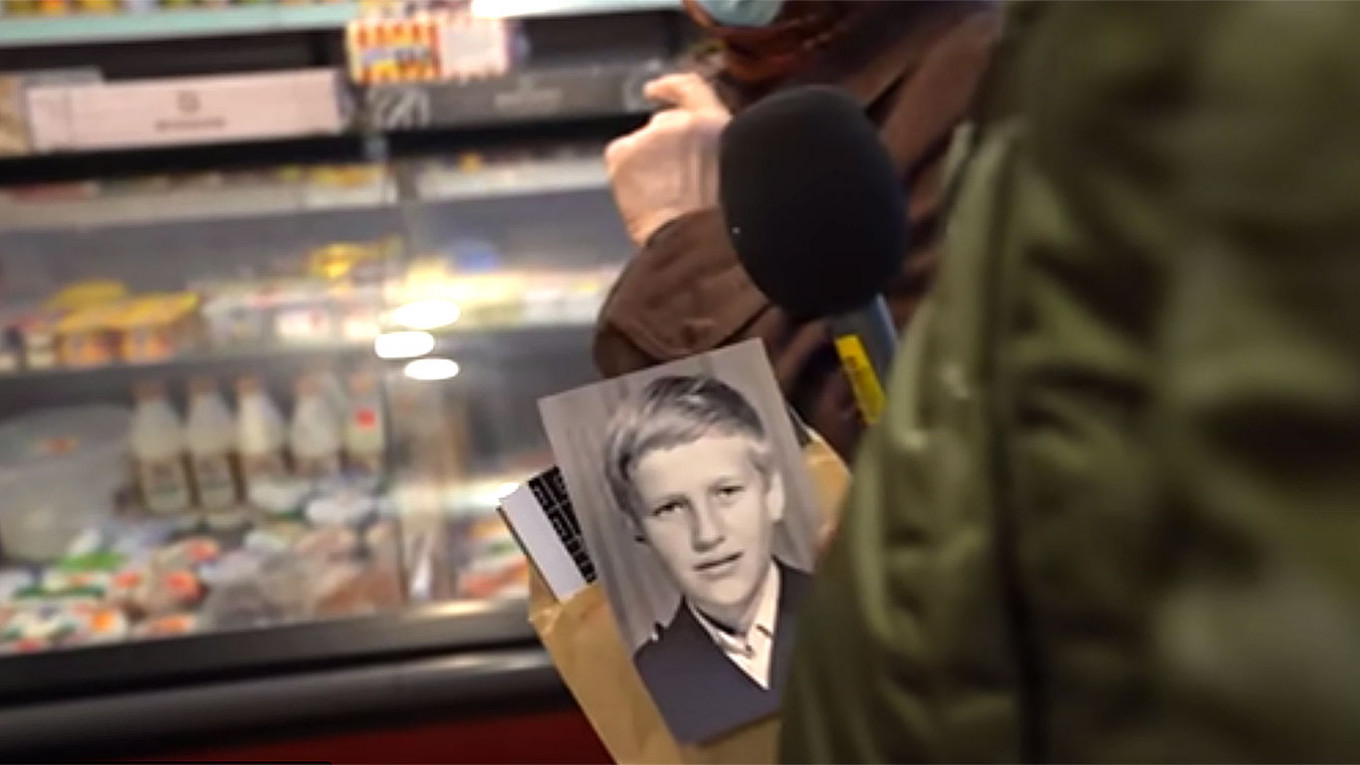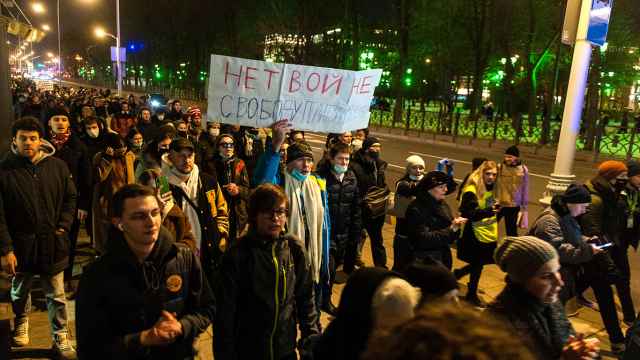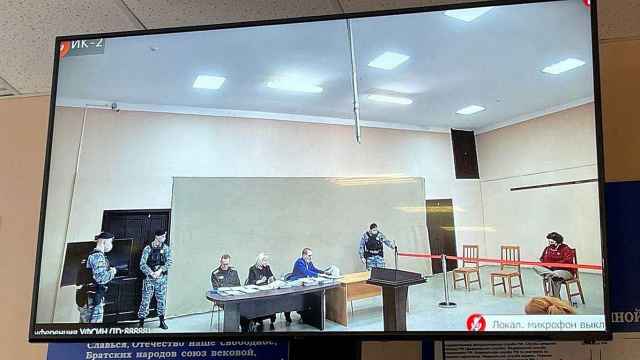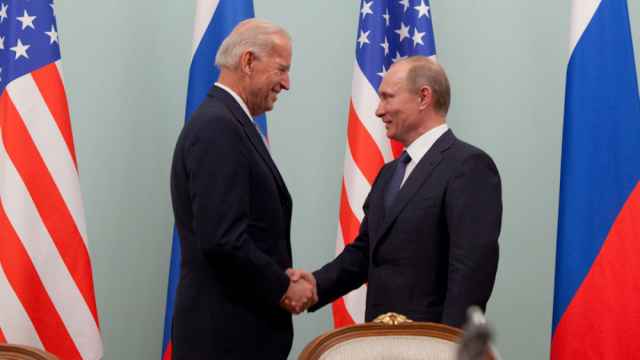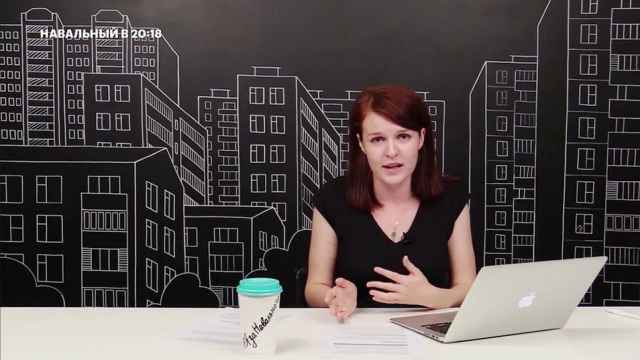Jailed Kremlin critic Alexei Navalny’s second cousin was found in a mass grave in Bucha, where atrocities against civilians were discovered after Russia’s retreat from northern Ukraine.
Germany’s Bild tabloid reported this week that it spoke with surviving residents who had witnessed the shooting death of their neighbor Ilya Navalny by Russian soldiers on March 12. A passport bearing his name was reportedly found next to his body.
Ilya Navalny’s body was found in a mass grave among more than 400 that Bucha’s mayor says have been found since Russia’s March 30 withdrawal, which ended a month of occupation.
“Yes, Ilya was Alexei’s distant relative, they have a common great-grandfather,” Pavlo Navalny, the village head of Nove Zalissya who is also Navalny’s third cousin, told the BBC’s Ukrainian service.
Pavlo Navalny previously revealed the Russian opposition leader’s roots in a 2021 BBC interview. Locals said at the time that “half of our village is full of Navalnys,” with the village registrar finding at least 11 residents with the same last name.
Alexei Navalny said later Tuesday he is unaware whether he and Ilya Navalny are related, but condemned his alleged killers as “Putin’s butchers” who “apparently hoped he was.”
“All circumstances indicate that he was killed because of his last name. That’s why the passport was thrown next to him demonstrably,” he said in a social media post.
Navalny reissued his call for Russians to “protest where you can and however you can.”
“Inaction is the worst and its consequence is death.”
Before his 2020 poisoning and 2021 arrest following treatment abroad, Navalny has said he had spent his childhood summers visiting his grandmother in Zalissya near Chernobyl, the site of the world’s worst nuclear disaster.
Navalny was last month sentenced to nine years in prison, adding onto his current 2.5-year prison term.
The Putin critic has called for mass rallies against Russia’s war in Ukraine, supported sanctions against state media figures and urged western leaders and tech giants to wage a massive social media campaign against state propaganda.
A Message from The Moscow Times:
Dear readers,
We are facing unprecedented challenges. Russia's Prosecutor General's Office has designated The Moscow Times as an "undesirable" organization, criminalizing our work and putting our staff at risk of prosecution. This follows our earlier unjust labeling as a "foreign agent."
These actions are direct attempts to silence independent journalism in Russia. The authorities claim our work "discredits the decisions of the Russian leadership." We see things differently: we strive to provide accurate, unbiased reporting on Russia.
We, the journalists of The Moscow Times, refuse to be silenced. But to continue our work, we need your help.
Your support, no matter how small, makes a world of difference. If you can, please support us monthly starting from just $2. It's quick to set up, and every contribution makes a significant impact.
By supporting The Moscow Times, you're defending open, independent journalism in the face of repression. Thank you for standing with us.
Remind me later.


